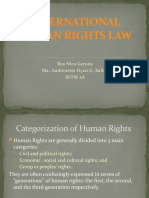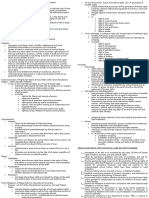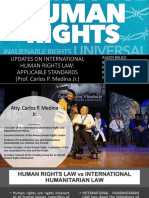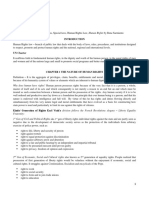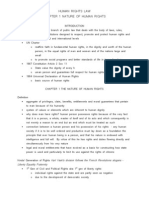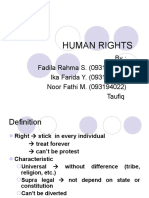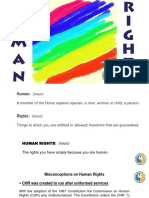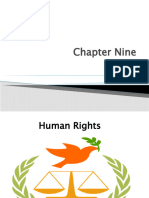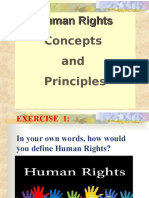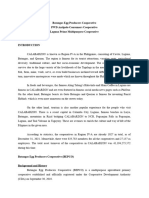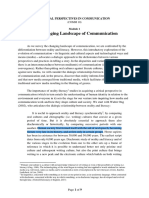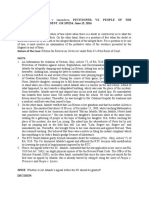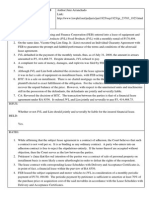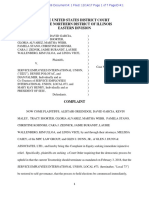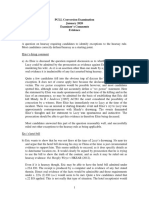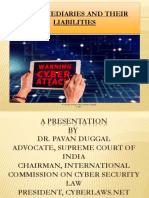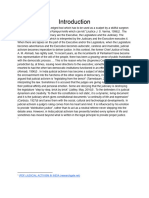0% found this document useful (0 votes)
80 views4 pagesNSTP 1 Notes - Common Module 2 - Universal Human Rights
The document discusses key concepts in human rights including natural law theory, legal positivism, and frameworks for universal human rights such as the Universal Declaration of Human Rights. It also outlines core principles of human rights including universality, inalienability, and indivisibility of rights.
Uploaded by
gtcarinoCopyright
© © All Rights Reserved
We take content rights seriously. If you suspect this is your content, claim it here.
Available Formats
Download as PDF, TXT or read online on Scribd
0% found this document useful (0 votes)
80 views4 pagesNSTP 1 Notes - Common Module 2 - Universal Human Rights
The document discusses key concepts in human rights including natural law theory, legal positivism, and frameworks for universal human rights such as the Universal Declaration of Human Rights. It also outlines core principles of human rights including universality, inalienability, and indivisibility of rights.
Uploaded by
gtcarinoCopyright
© © All Rights Reserved
We take content rights seriously. If you suspect this is your content, claim it here.
Available Formats
Download as PDF, TXT or read online on Scribd
/ 4

